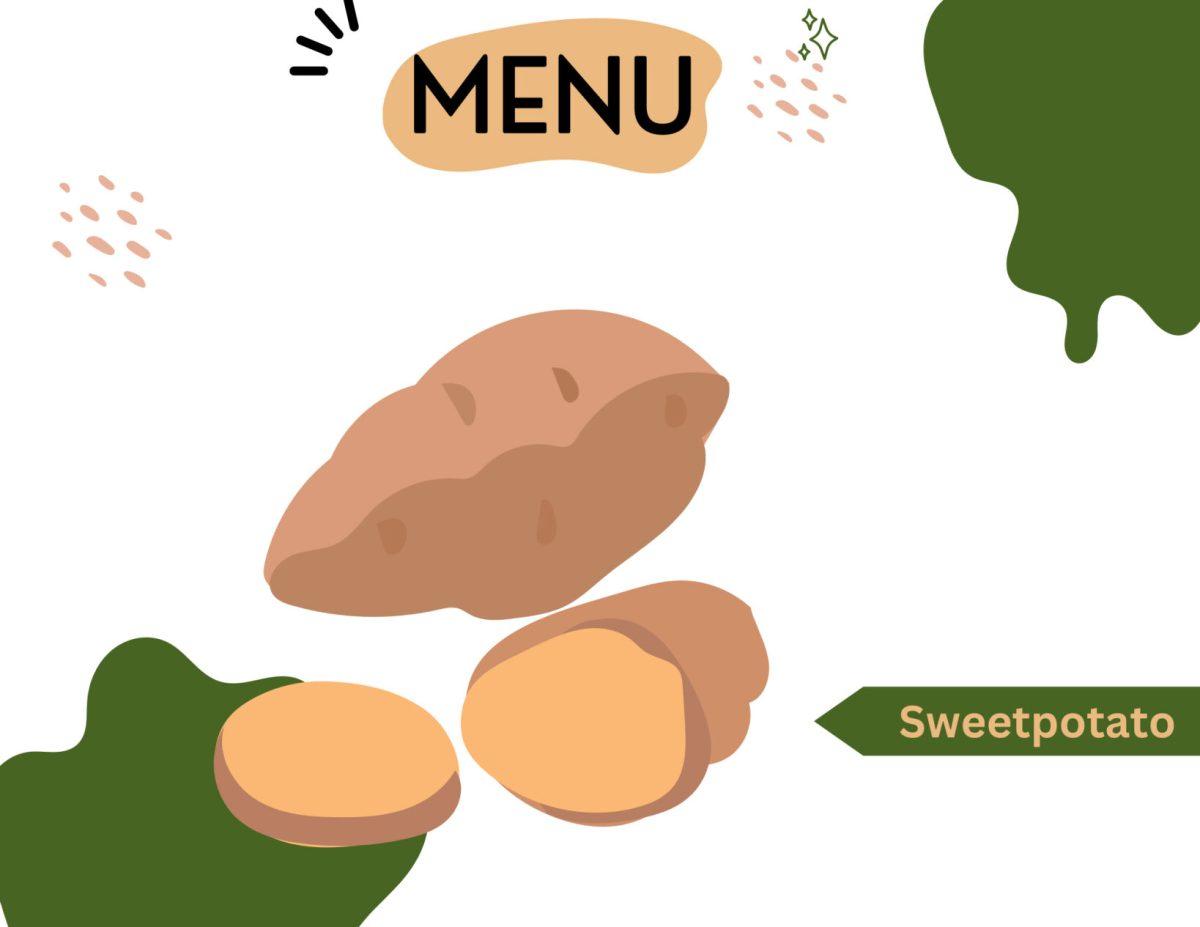In 2023, North Carolina produced approximately 1.69 billion pounds of sweetpotatoes across 78,000 acres of land, making North Carolina the top producer of the crop. Over 400 family farms contribute to this mass production, alongside the rich and fertile soil.
NC State has a premier sweetpotato breeding and genetics program, one of the only schools in the country, alongside Louisiana State University, to offer new developments on sweetpotatoes. The North Carolina SweetPotato Commission provides funding to NC State to drive research, production, equipment improvement and efficiency in the programs here.
The North Carolina SweetPotato Commission is also working to raise awareness that “sweetpotato” is one word, not two. According to its website, “sweetpotato” is the scientific spelling of the word.
In 2005, Covington, a variety of sweetpotato, was generated at NC State. Shortly after, Covington was nearly all North Carolina farmers grew, now accounting for 90% of all sweetpotatoes grown in the state. It has a higher yield, better flavor and the ability to ship and store. Sweetpotatoes are now an economic powerhouse year-round, having generated an economic output of $3.5 billion from North Carolina crop alone.
Craig Yencho, program leader of the Sweetpotato and Potato Breeding and Genetics Programs, has been at NC State for 26 years. He has an interest in developing new varieties of sweetpotatoes with improved quality and yield in North Carolina, while also being one of the masterminds behind the Covington.
Yencho said several factors played a role in creating Covington, but the main one was the change in environment.
“Our environment is always changing,” Yencho said. “Pests and disease and market preferences are always changing, and consumers always want something a little bit new and different. … Folks don’t cook like we used to; we want something fast. All of those things always stimulate demand for new varieties. It so happened that we developed a variety called Covington, which now occupies maybe about 85 to 90% of North Carolina’s acreage.”
Before the creation of this variety, farmers struggled to get a consistent yield of potatoes. They faced some bad rounds of sweetpotatoes, with odd shapes and sizes that wouldn’t sell, or called an “ugly turnout.” Farmers worried about having enough crops to sell and faced possible closures.
Sweetpotatoes were originally grown by the Native Americans before European colonization of North America. In the early times, sweetpotatoes were rotated with tobacco, due to the similar high labor needs for both plants. The labor force was a key factor in the farming industry, so when one plant was finished for the season, it was crucial to have another to follow.
“The reason why North Carolina has excelled is a confluence of many factors: One, we have really good soils, and two, we have complementary labor forces,” Yencho said. “The other part came with the help of Biological and Ag-Engineering that developed new ways to cure and store sweet potatoes, which enabled year-round packing and year-round supply of raw product.”
The development of these systems was a huge step in the growth of the farming systems in the state and on the East Coast. These days, growers are exporting roughly 40% of their yield internationally. The contribution of NC State’s professors, researchers and students has transformed the NC sweetpotato industry as they worked closely with farmers and processors.
Sweetpotatoes are simply a great example of what happens when a lot of forces work closely to achieve a common goal.
Allan Thornton, an area-specialized agent with the North Carolina Cooperative Extension Service, is based in Sampson County and specializes in commercial fruits and vegetables and said the demand for sweetpotatoes is good business.
“There has been a lot of good entrepreneurship and marketing that individual packers and shippers have done over that period,” Thornton said. “The demand increased a lot starting with the promotion of the nutritional value of potatoes because they’re a tremendous nutrient-rich food and relatively inexpensive compared to some others.”
Sweetpotatoes have many nutritional benefits, such as their low glycemic index, high fiber, vitamin A, vitamin C and manganese content. Purple varieties of sweetpotatoes, such as Okinawan sweetpotatoes, have high amounts of antioxidants and antifungal properties. All of these factors contribute to one’s blood sugar regulation.
“Just have an appreciation for where your food comes from,” Thornton said. “Somebody got dirty to get your food on the table.”
Sweetpotatoes are a staple in the diets of many people across the globe, but Yencho and Thornton are optimistic that the market for sweet potatoes will constantly grow, especially with the help of NC State and North Carolina farmers.













